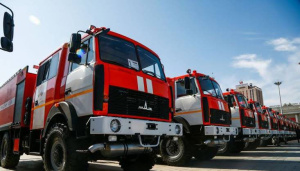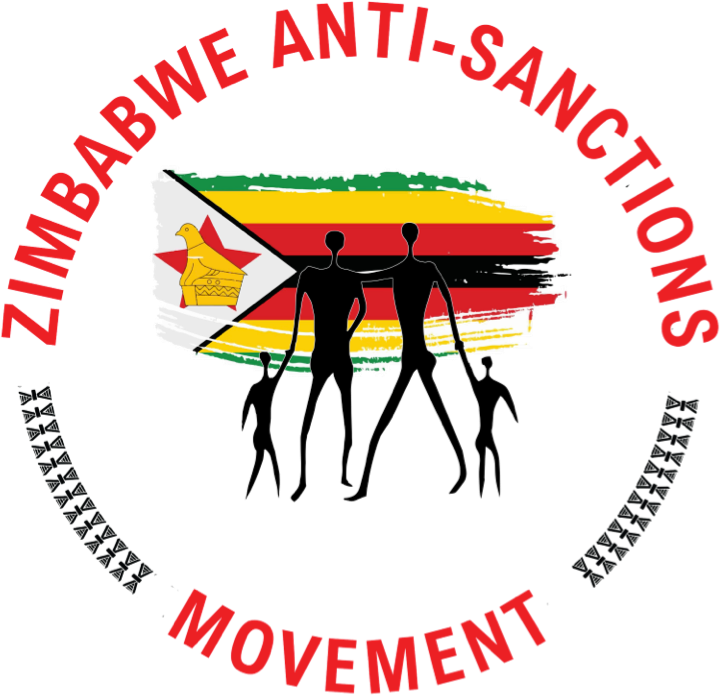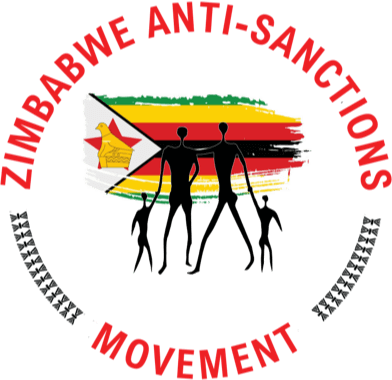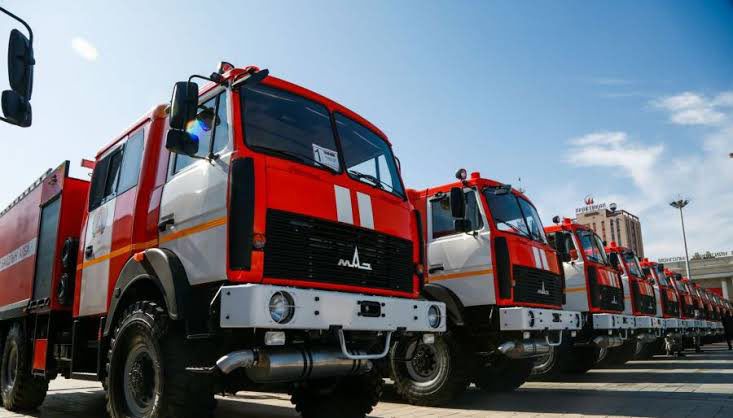 Lately many ruling party cadres are talking about Zimbabwean fire engines being blocked in Lithuania due to sanctions on Zimbabwe, yet they never mention the specific sanctions involved in holding those vehicles.
Lately many ruling party cadres are talking about Zimbabwean fire engines being blocked in Lithuania due to sanctions on Zimbabwe, yet they never mention the specific sanctions involved in holding those vehicles.
When I began speaking on sanctions against Zimbabwe, the first thing I did was name them: E013288, EO13391, and EO13469. I also referenced the EU sanctions by their title designation and went further to outline the legal instruments used to implement these sanctions, both in the U.S. and the EU, such as the National Emergency Act, the International Emergency Economic Powers Act, 31 Code of Federal Regulations 541, Title 50 War and Defense, and EU Council Regulations 2002.
Whenever you hear someone claim that Zimbabwe is under sanctions, ask them to name the sanctions, the legal instruments instituting them, how they are implemented, and why they are being enforced.
We have read in various international media articles that Zimbabwean fire engines are being held in Lithuania due to EU sanctions on Belarus. However, last week APA claimed that the fire engines were blocked due to EU sanctions on both Belarus and Zimbabwe—without identifying the exact sanctions in question. This is highly problematic.
My biggest concern is that the Belarusian fire engines may have been purchased by a Zimbabwean national designated under U.S. Magnitsky sanctions. If that is the case, then the U.S. government could have instructed that Lithuania holds the fire engines because they are being purchased by individuals it identified as corrupt and the only way to resolve that would be legal action by the Zimbabwean government.
Unfortunately, our government and some of the Magnitsky designated nations have shown a reluctance to litigate against the west. We saw this when Zimbabwe lost embassy property in Cape Town to white farmers, after the government instructed its lawyers not to oppose the farmers’ legal action.
Over the past few months since Magnitsky sanctions were imposed on 11 entities, some of the designated nationals have expressed no interest in challenging their designation, but sadly this could now be the reason why national fire engines are trapped in Lithuania.
Moreover, in twenty three years, the government has never pursued a single case against illegal U.S., UK and EU sanctions at the International Court of Justice (ICJ) or WTO, despite the UN encouraging litigation against illegal sanctions.
Once we confirm which sanctions are holding our fire engines, we must then pressure our government to act against these potential human rights violations at the ICJ, ICSID or WTO.
The ICJ encourages the pursuit of reparations or damages for gross human rights violations, while ICSID and the WTO mandate unhindered free trade without barriers. The seizure of emergency vehicles, which serve the public, undoubtedly constitutes a gross human rights violation and a clear obstruction of free global trade and thus legal remedy is a logical pursuit.
We need to urge our leaders to stop portraying themselves as victims and push them to actively fight for Zimbabwean interests and human rights, just as South Africa is doing for Palestinians. Is our government expecting South Africa to go to the ICJ on our behalf as well to address persecution by sanctions?
We must not forget that some people in our government have refused to challenge U.S. and EU sanctions at the ICJ when we proposed that as a strategy. Moreover, when we were litigating against South African banks for illegally implementing sanctions on Zimbabweans, our efforts were undermined by some government officials who denied us evidence —albeit unsuccessfully— to ensure that we did not prevail.
The reality is that there are many in Zimbabwe who want sanctions to remain. Some will even go as far as lying that there are sanctions on the nation when, in fact, there are none.



